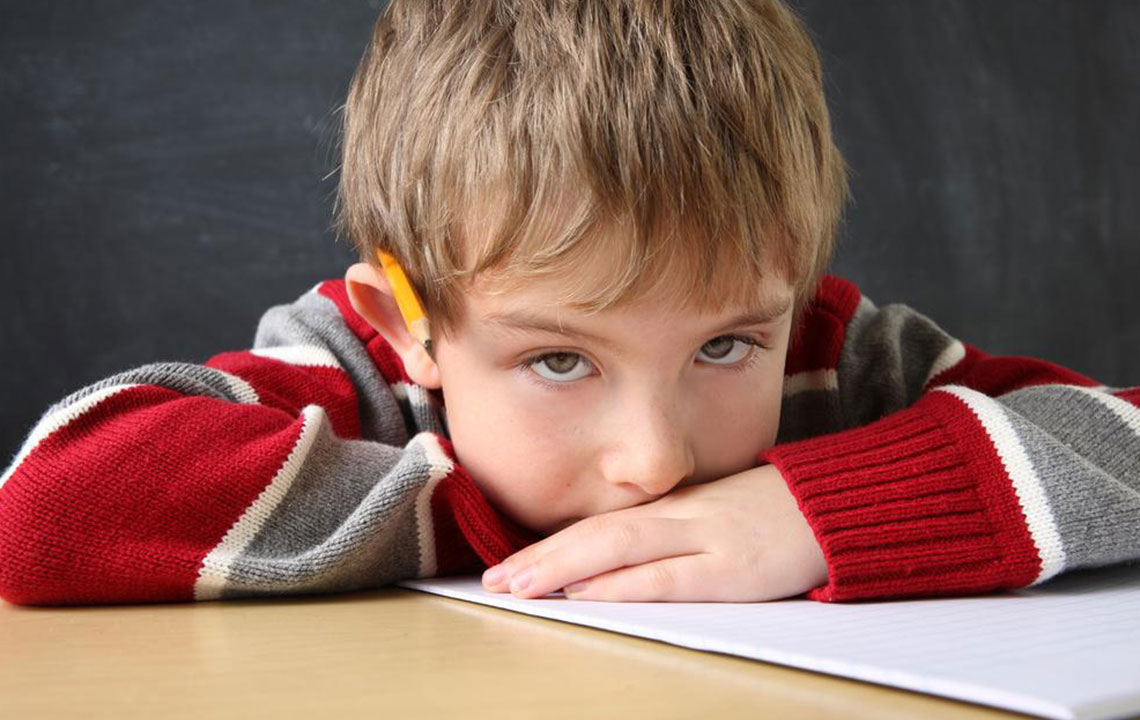Effective Strategies for Managing Childhood ADHD Symptoms
Discover effective ways for parents to manage childhood ADHD symptoms through proper medical treatment, counseling, behavioral techniques, and creating a stable, supportive environment. Learn practical tips to help children thrive despite challenges associated with ADHD.
Sponsored

ADHD, or attention-deficit/hyperactivity disorder, is a long-term condition that impacts many children and often persists into adult life. The main signs include hyperactivity, difficulty focusing, and impulsive behaviors. Common indicators are disorganization, careless mistakes, forgetfulness, constant distraction, restlessness, excessive talking, and fidgeting.
Tips for Parents to Handle ADHD Symptoms
While there’s no cure for ADHD, proper medical treatment can significantly manage its symptoms. Doctors may recommend medications like stimulants or antidepressants. Parents should administer these medications themselves to prevent misuse or addiction issues.
In addition to medication, counseling and behavioral therapies are recommended to improve communication and address negative behaviors. Alongside professional support, parents can adopt behavioral strategies to support their child’s development:
Show Love and Positive Reinforcement
Children with ADHD need a nurturing environment. Praise their talents and good actions instead of just focusing on negative behavior. Creating a supportive atmosphere helps boost their confidence.
Use Clear and Simple Communication
Children with ADHD may become overwhelmed by complex instructions or multiple commands. When communicating, give your full attention, maintain eye contact, and be slow and specific with your directions.
Establish Consistent Discipline
Clearly differentiate right from wrong and explain the consequences of their actions. Observe their reactions during challenging situations and stay consistent with rewards and consequences to help them develop better social skills.
Stay Calm and Patient
If your child becomes overwhelmed, do not lose your temper. Allow them to express their feelings and stay composed; your calm demeanor encourages them to regain control.
Maintain a Routine
Keep a consistent schedule for meals, bedtime, and daily activities. This stability helps children with ADHD adapt more easily to changes and reduces their symptoms. Adequate sleep is also crucial for managing their overall behavior.






